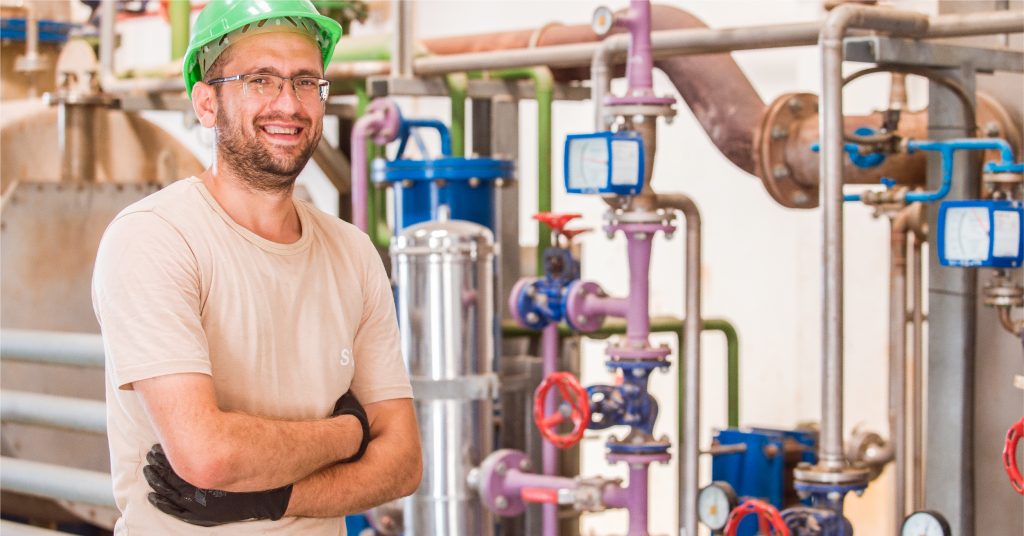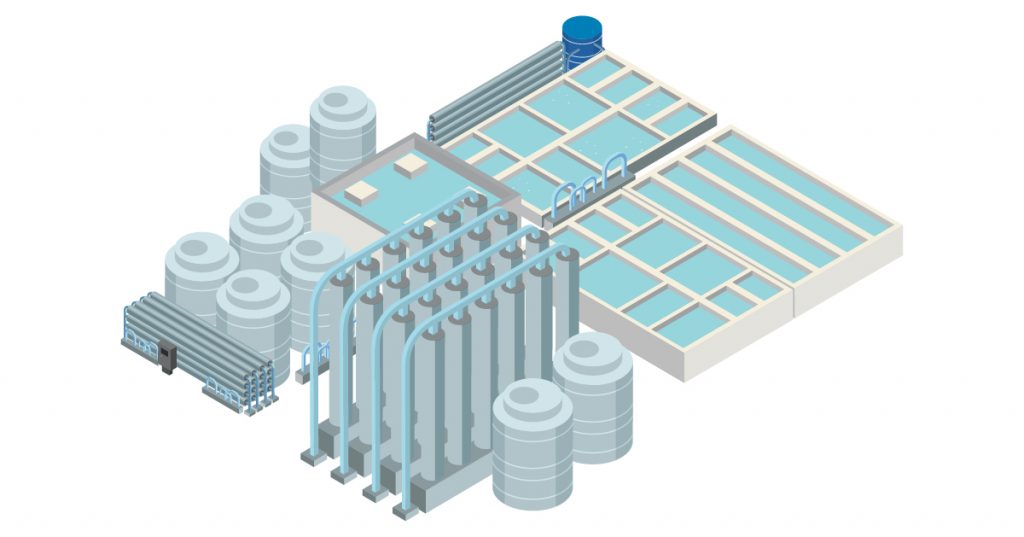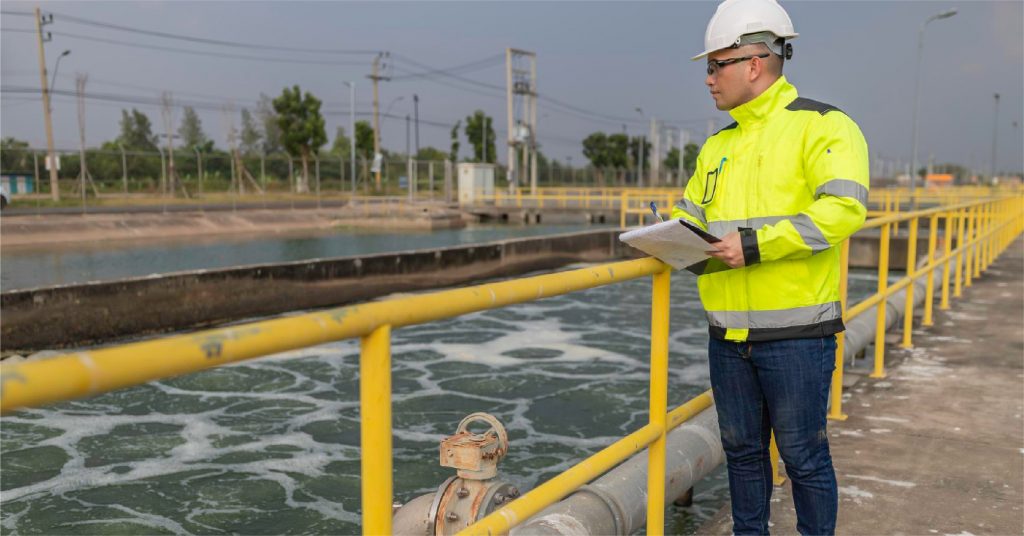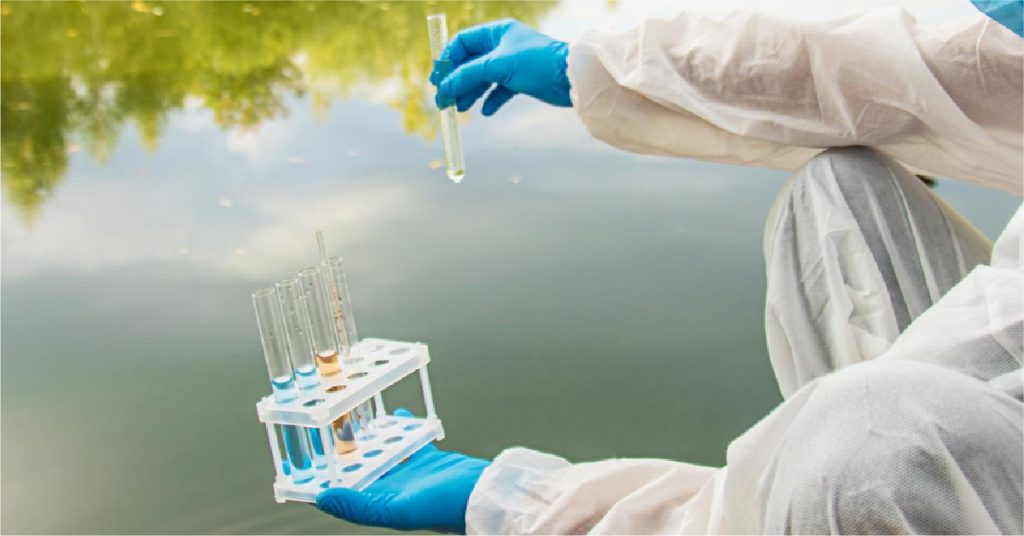In Sri Lanka, maintaining the efficiency and longevity of boilers is crucial, particularly in industries such as power generation, manufacturing, and food processing. Boiler systems are essential components of industrial operations, as they generate steam that drives turbines, heats processes, and powers various equipment. However, improper boiler water treatment can lead to significant operational inefficiencies, increased maintenance costs, and even equipment failure. To ensure optimal performance and reliability, effective boiler water treatment is essential.
In this blog, we’ll explore what boiler water treatment is, its significance, key methods, and best practices to achieve effective boiler water treatment in Sri Lanka.
What is Boiler Water Treatment?
Boiler water treatment refers to the process of treating the water used within a boiler system to prevent problems such as scaling, corrosion, and fouling. These issues can arise due to the high pressure, heat, and chemical reactions that occur inside the boiler, leading to decreased efficiency and potential damage to the equipment.
The primary goals of boiler water treatment are to:
- Minimize the formation of scale and deposits.
- Reduce corrosion in the boiler system.
- Control the levels of dissolved and suspended impurities in the boiler water.
- Ensure the boiler operates efficiently and reliably for longer periods.
The Importance of Boiler Water Treatment in Sri Lanka
Effective boiler water treatment is essential to maximize the efficiency and lifespan of boiler systems. In Sri Lanka, where industries such as textiles, power generation, and food processing are prevalent, maintaining boiler performance is critical to ensure smooth operations, reduce downtime, and control operational costs. Without proper treatment, water impurities such as hardness salts, oxygen, and suspended solids can cause:
- Scaling: Hard water contains minerals like calcium and magnesium that can form scale deposits, reducing heat transfer efficiency and increasing fuel consumption.
- Corrosion: Dissolved oxygen and acidic water conditions contribute to corrosion, leading to leaks, equipment damage, and higher maintenance costs.
- Fouling: Suspended solids can accumulate inside the boiler, reducing efficiency and increasing the risk of clogs and blockages.
Key Methods for Effective Boiler Water Treatment
To ensure optimal performance, there are several key methods and practices that industries in Sri Lanka should adopt for effective boiler water treatment:
1. Water Softening
One of the fundamental aspects of boiler water treatment is water softening. Water softeners are used to remove calcium and magnesium ions, which are the primary contributors to scaling. Hard water causes the formation of scale, which reduces heat transfer efficiency and increases fuel consumption. By removing these minerals, water softening prevents the build-up of scale, ensuring better performance and lower operating costs.
2. Chemical Treatment
Chemical treatment involves the use of various chemicals to control scaling, corrosion, and fouling. The most commonly used chemicals for boiler water treatment include:
- Scale Inhibitors: These chemicals prevent scale formation by dispersing and sequestering hardness minerals.
- Corrosion Inhibitors: These chemicals are designed to prevent corrosion by forming protective layers on metal surfaces, reducing the impact of oxygen and acidic conditions.
- Alkalinity Builders: To neutralize acidic conditions and maintain proper pH levels, alkalinity builders help maintain the right water chemistry for boiler systems.
Regular monitoring and dosing of these chemicals ensure the effective control of impurities, helping maintain a stable boiler operation.
3. Oxygen Scavengers
Dissolved oxygen is one of the main causes of corrosion in boiler systems. Oxygen scavengers are chemical compounds used to remove dissolved oxygen from boiler water, thus preventing corrosion. These scavengers react with oxygen, forming non-corrosive compounds, thereby enhancing the lifespan and performance of the boiler.
4. pH and Alkalinity Control
Maintaining the correct pH and alkalinity levels is vital for effective boiler water treatment. Too much acidity can accelerate corrosion, while too high alkalinity can cause scaling. By ensuring the water remains within optimal pH and alkalinity ranges, operators can prevent both corrosion and scaling, improving boiler efficiency.
5. Blowdown Practices
Blowdown is the process of removing a portion of water from the boiler system to control the build-up of dissolved and suspended solids. Proper blowdown practices help maintain the water chemistry within acceptable limits and reduce the risks of scaling and fouling. The frequency and quantity of blowdowns should be determined based on water quality and operating conditions.
Benefits of Effective Boiler Water Treatment
Implementing effective boiler water treatment practices in Sri Lanka offers several benefits, including:
- Improved Efficiency: By preventing scale build-up and corrosion, boilers operate more efficiently, reducing fuel consumption and lowering operational costs.
- Extended Equipment Life: Reduced scale and corrosion minimize wear and tear on boiler components, extending their lifespan and reducing maintenance needs.
- Reduced Downtime: Preventing fouling and scaling leads to fewer operational disruptions, ensuring continuous, reliable boiler performance.
- Energy Savings: Efficient boilers require less energy to generate the same amount of steam, contributing to energy savings and sustainability.
Role of Ion Exchange in Overcoming Boiler Water Treatment Challenges
Ion Exchange has been a pioneer in providing effective solutions for boiler water treatment challenges. Their expertise in water treatment technology, combined with innovative solutions, helps industries maintain efficient and reliable boiler systems. Ion Exchange offers a range of services, including customized treatment plans, high-quality chemicals, and professional maintenance services, ensuring that clients can overcome the challenges associated with boiler water treatment.
Comprehensive INDION Boiler Water Treatment Solutions
We provide a wide range of boiler water treatment programs for low-, medium-, and high-pressure boilers to prevent deposits and corrosion in pre-boiler, boiler, and post-boiler systems. Our unique DEHA-based oxygen scavengers offer superior protection against corrosion, even in condensate lines. Our boiler water treatment solutions include:
– Phosphate treatment program
– Carbonate treatment program
– Chelant program
– Closed system treatment
– Electric boiler treatment
– Sludge conditioners
– Anti-foamers
– Oxygen scavengers
Our complete condensate line treatment programs are designed to solve specific corrosion problems:
– Filming amines
– Neutralizing amines
– Combination of filming and neutralizing amines
These specialized programs ensure the efficiency and longevity of your boiler systems by addressing the distinct challenges faced in different stages of boiler operation. With our boiler treatment water solutions, we answer questions like what is boiler water treatment, what is boiler water treatment chemicals, what is the purpose of boiler water treatment, and which chemical is used in boiler water treatment.
Conclusion
Boiler water treatment is a vital practice for industries in Sri Lanka to ensure efficient and reliable boiler operations. By addressing issues such as scaling, corrosion, and fouling, effective water treatment methods like water softening, chemical treatment, oxygen scavengers, and pH control help minimize operational costs and extend the lifespan of boiler systems.
For industries looking to optimize boiler water treatment, partnering with experts can ensure the right solutions are implemented. Ion Exchange offers advanced technologies and expert guidance to help industries in Sri Lanka achieve effective boiler water treatment, ensuring maximum efficiency and sustainability.





